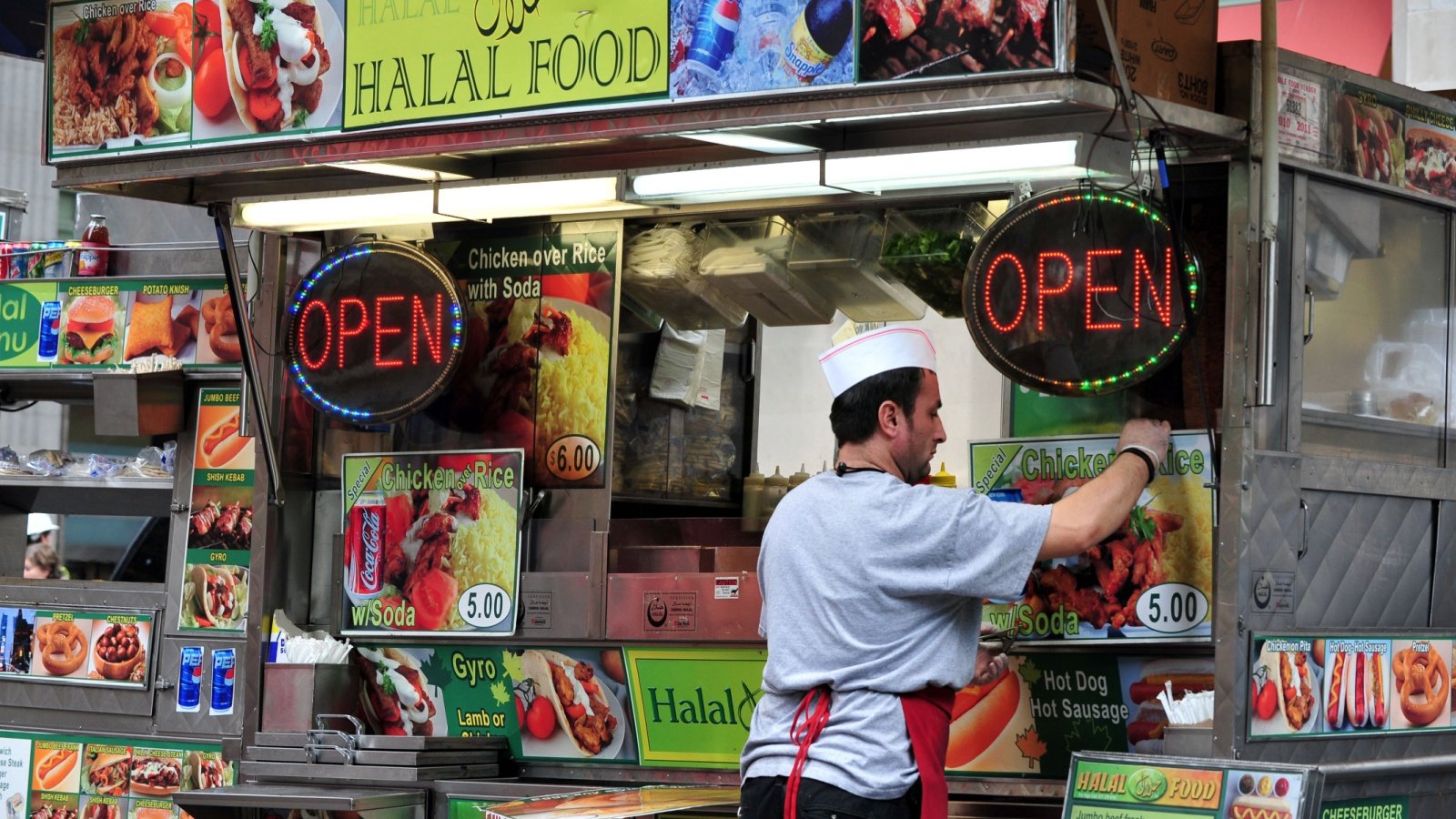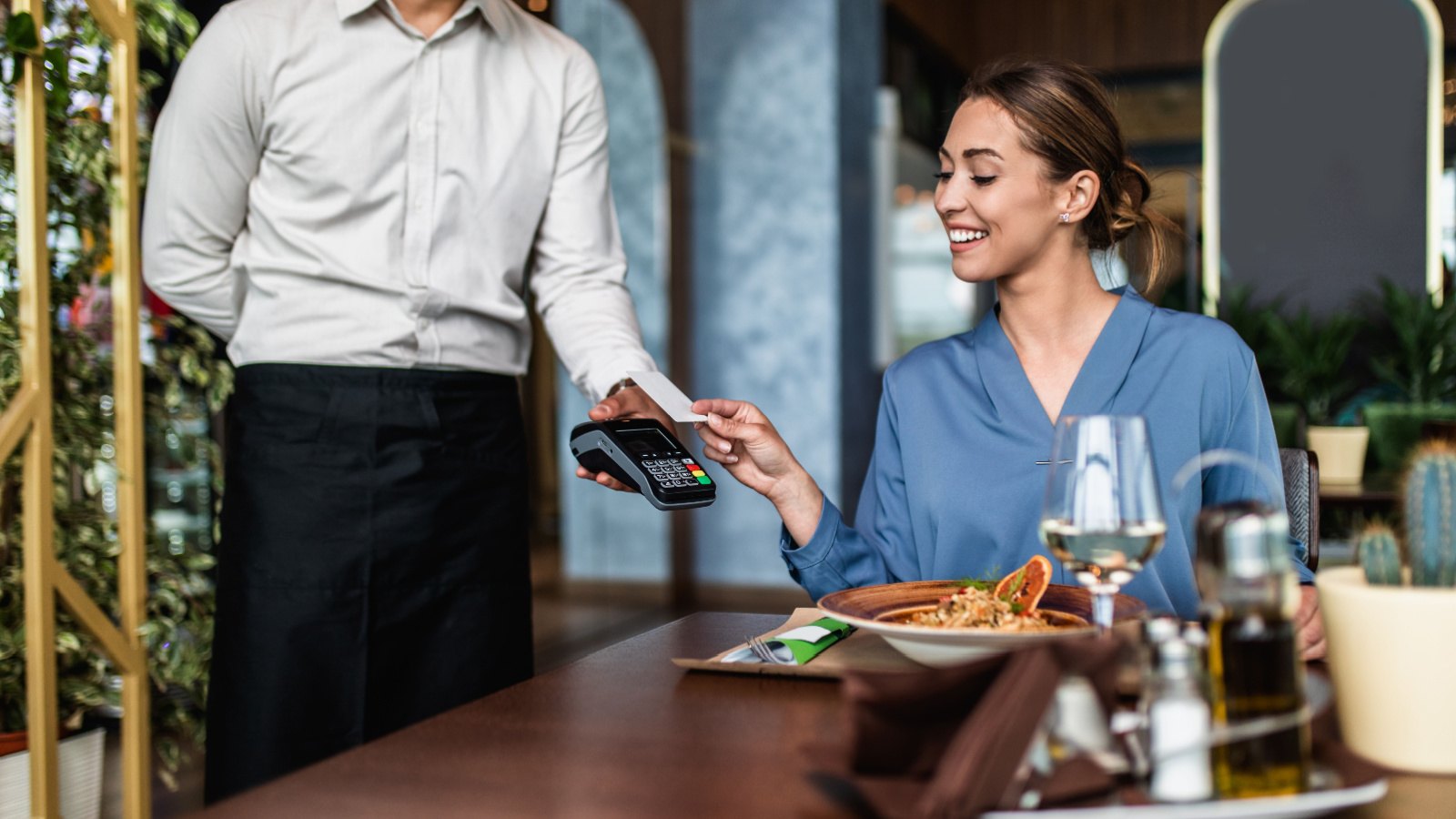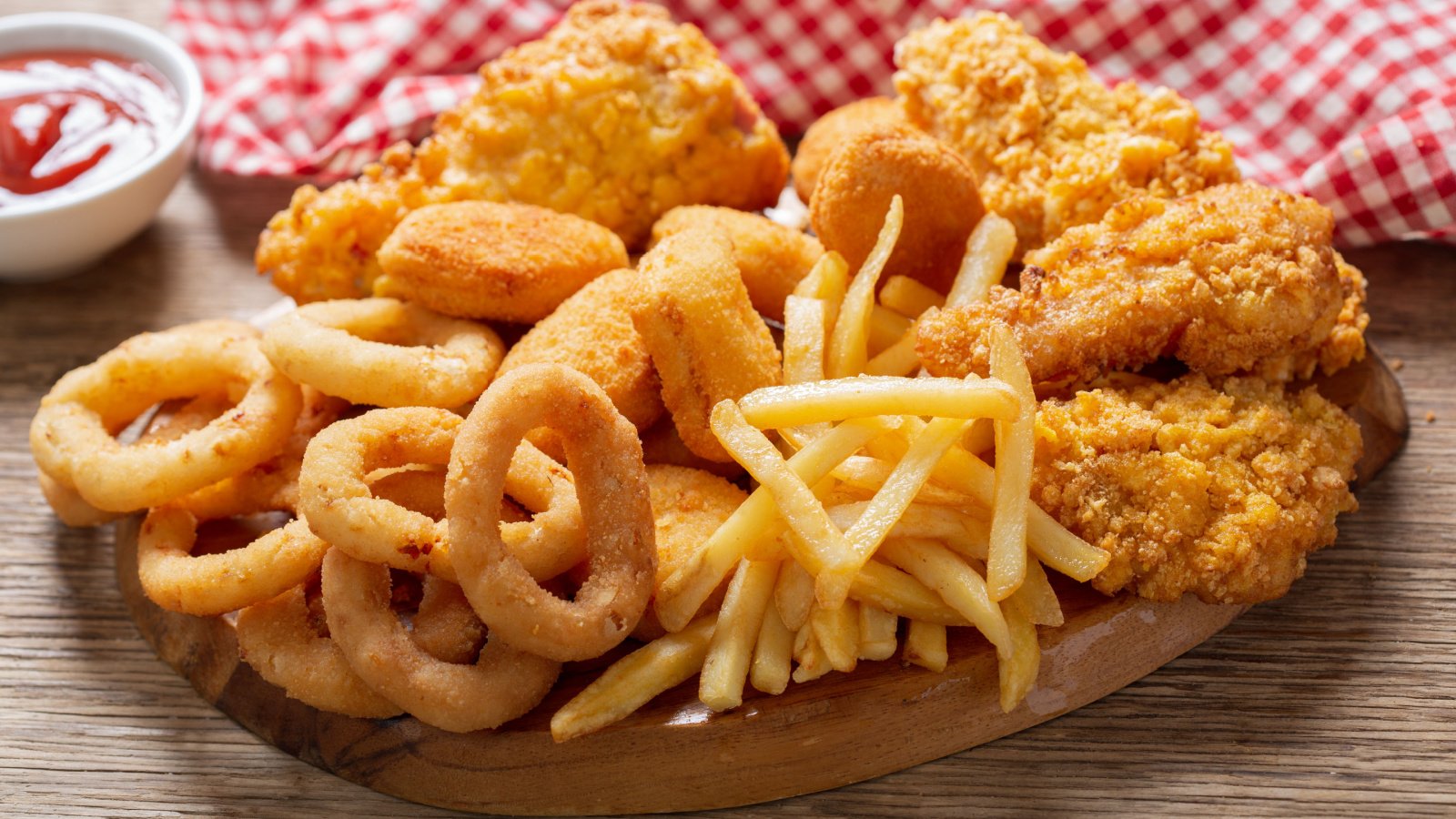American tipping culture is getting out of hand. While tipping is a widespread practice to reward good service, there are specific situations where it is totally unnecessary. From self-service settings to encounters with subpar service, let’s explore when it’s okay not to tip.
Takeout Orders

Tips are not expected when picking up takeout. Since the interaction involves merely handing over food, the service component that typically warrants a tip is minimal. Therefore, customers should feel no obligation to tip for takeout.
Vending Machines

No human interaction usually means no tipping. Vending machines and automated services are designed to operate without any service staff. Consequently, tipping does not apply in these contexts.
Using Technology

Ordering through apps or online where no direct service is given removes the need for a tip. Technology-driven services are geared towards convenience and efficiency, typically eliminating personal interaction. No service equals no tip.
Prepaid Travel

Travelers paying for all-inclusive options have their meals, drinks, and services bundled into one price, which often includes tips. This means additional tipping is unnecessary and not expected.
Professional Settings

In many professional fields, tipping is not standard practice. For example, doctors, lawyers, and accountants do not receive tips for their services. Their professional work is billed differently and does not include gratuities.
Service Disruptions

If a significant mistake is made, withholding a tip can be justified. For instance, if a hotel fails to clean your room or a hairdresser significantly messes up a haircut, the expected service level is not met. These are scenarios where a tip may be withheld with reasonable cause.
Discounted Services

When receiving a service for free or at a substantial discount, tipping can be adjusted. The expectation of tipping on the full value diminishes if the provider offers the service as a courtesy or promotional benefit.
Budget Constraints

If tipping would create a financial hardship, it may be forgivable to tip less or not at all. Financial circumstances vary greatly, and while tipping is customary, it is not mandatory. Consumers facing financial difficulties should prioritize their essential needs.
Norms Abroad

In many countries, tipping is not customary and can even be considered rude. Travelers should research local customs before visiting a new country. Respecting local practices can sometimes mean forgoing tips.
Isn’t Expected

In some business models, staff are explicitly paid higher wages to compensate for the lack of tips. Certain cafes and restaurants adopt a no-tipping policy to simplify transactions, which is usually a relief to tip-weary customers.
Disputed Fee

Challenging a service fee or disputing a charge may lead to withholding a tip. When the service or billing doesn’t align with customer expectations, adjusting the tip becomes a tool for expressing dissatisfaction.
Member-Only

Exclusive clubs often roll gratuities into their membership fees. Members of these clubs pay annual fees that take care of all service charges, including tips. As a result, additional tipping is not necessary during visits.
Minimal Interaction

Visiting an establishment during off-peak hours may result in minimal interaction with staff. If the service is largely self-managed during these times, the usual tipping standards might not apply.
Poor Quality

If you receive a stale meal or a defective retail product, this affects the tipping decision. While it may not always be the server’s fault, the overall satisfaction with the service provided is diminished.
Small Orders

For very small orders, like a single drink at a bar, the necessity of an additional tip can be reconsidered. While tipping is generally expected in bars, small transactions might not always warrant the standard 15-20% tip.
Volunteer-Based Events

At charity or volunteer-run events, tips are not expected. Volunteers offer their time free of charge, and the nature of these events does not support a tipping culture. Attendees at such events should focus on donations rather than tips.
Educational Workshops

Instructors at workshops and seminars typically do not receive tips. These are educational environments where the payment goes towards the instruction and course materials. The educational service model differs significantly from that of the hospitality industry.
Necessary Alterations

If a service requires significant corrections or adjustments, such as alterations to a tailored suit that was not initially fitted properly, it’s reasonable to withhold a tip. The extra time and effort to correct the issue negate the expectation of a tip.
Miscommunication

If there’s a misunderstanding that significantly affects the service, like a language barrier or an incorrect order, tipping less or not at all can be an option. Effective communication is key to good service, and disruptions can influence the overall experience and hence the tip.
Self-Service Settings

At self-service establishments, customers perform most of the service themselves, from ordering at a kiosk to collecting their meal. As no direct service is provided by the staff, the absence of a customary tip is justified.
Subpar Service

If a server is rude or neglectful, failing to meet the basic standards of good service, it impacts the overall dining experience. This situation directly influences the tipping decision, as gratuity is meant to reward service quality.
Policy Stated

Some restaurants include gratuity in the bill. This is often the case in high-end restaurants or those that serve large groups. When a service charge is automatically added, additional tipping is not obligatory.








